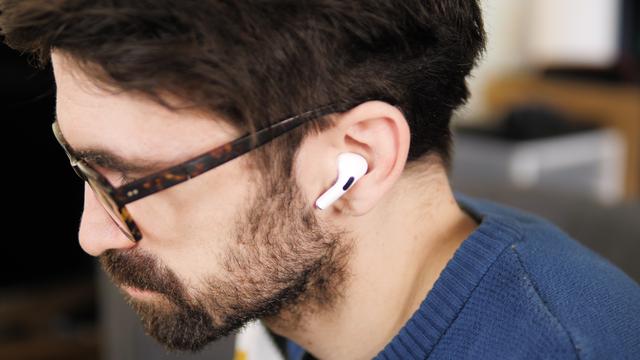Denounced by many environmental associations, the extension of the private copying levy to second-hand products has nevertheless been approved by the Senate. An absurd decision, at a time when refurbished devices can reduce our carbon footprint.
It is riddled with inconsistencies, and yet the private copying tax on refurbished devices was adopted by the Senate on November 2, 2021. Until the end, companies in the refurbished market hoped that parliamentarians would backtrack on this problematic proposal, points out Next Inpact. This was not the case: as part of a law aimed at reducing the environmental footprint of digital (which is even more paradoxical), the senators approved the extension of the private copying levy (RCP) to all used products, whether refurbished or not.
Second-hand phones and tablets with storage of 64 GB or more will therefore be subject to a fee of 10.08 euros including tax and 10.92 euros including tax respectively. Sums which will then be donated to Copie France, the organization responsible for collecting the remuneration paid by manufacturers or importers of recording media (USB keys, mobile phones, tablets, etc.) and redistributing them to authors, artists, editors and producers.

Apple AirPods Pro
Source: Louise Audry for NumeramaTaxing second-hand products twice
This private copying fee on second-hand products is however abstruse. To begin with, remuneration for private copying aims to compensate the cultural community for the ability of the public to make recordings of works in a private setting. This system therefore concerns devices with a recording capacity (USB keys, hard drives, etc.). But with the takeover of Spotify, Deezer and other streaming giants, this practice has already fallen into disuse.
Applying the private copying tax to second-hand products is, moreover, making the strange choice of applying it twice to them, since the levy has already been paid when buying new. The most damaging point in the story, however, is that this risks hindering the development of the refurbished market, which nevertheless makes it possible to reduce the carbon footprint of tech, by promoting the reuse of devices, in particular smartphones and tablets. .
Environmental associations such as Les Amis de la Terre were in fact against this project. On October 21, the NGO thus indicated on Twitter, under the hashtag #sauvonsloccasion: "This morning we were in front of the Senate to denounce the setbacks of the French government on measures intended to fight against planned obsolescence and in particular the introduction of 'a fee of €10 on refurbished smartphones in the REN Law'. While COP26 has just opened its doors to accelerate the climate transition, the Senate is showing a very strange sense of priorities.
Medical deserts, public services: what assessment of Macron on rurality?
What is the best Oppo smartphone to choose?
The best phones in 2021 for photos and video
Good Plan: the recap of 4G packages on sale